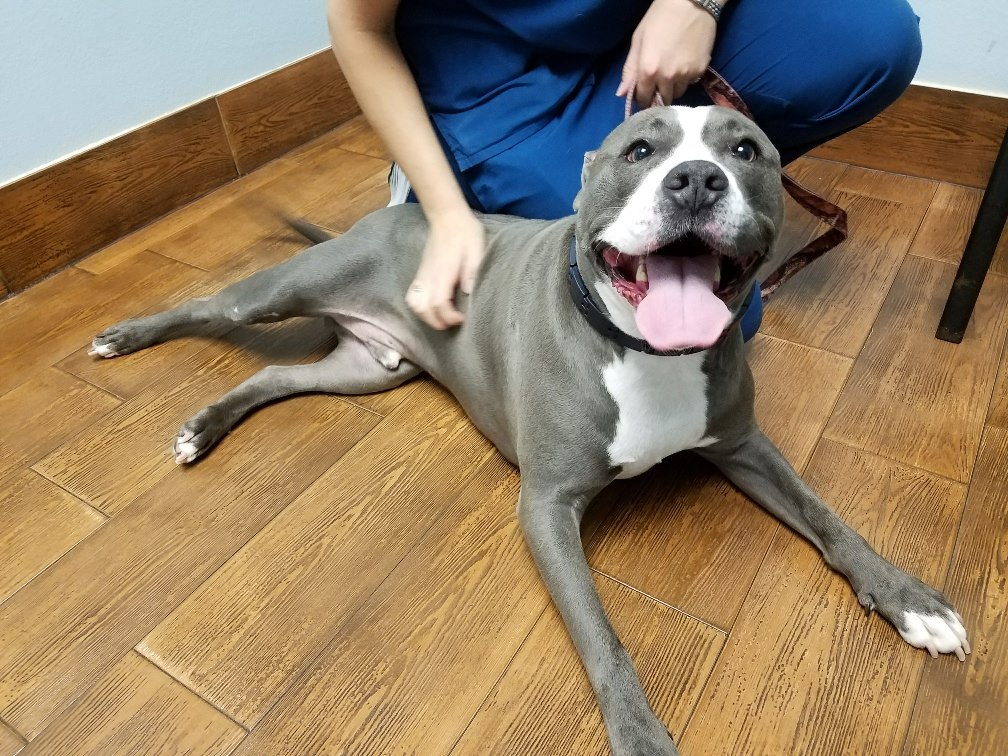Brody the Bear Receives VetStem Cell Therapy
Brody is a Florida black bear that had a pretty rough start in life. He was found abandoned at approximately 3 weeks of age in Ocala National Forest. The Florida Fish and Wildlife Conservation Commission were unsuccessful in finding his mother and determined he had severe respiratory issues and a weak suckling response. Because he was abandoned at such a young age, he was not a candidate for release. Thus, he was transferred to the Brevard Zoo for long-term care. Fortunately for Brody, Zoo team members nursed him back to health and continue to give him hours of exercise and socialization.
Not Out of the Woods Yet
In May, when Brody was approximately 4 months old, caregivers noticed that Brody’s abdomen was sensitive and that he was repeatedly licking the area. He was anesthetized for an examination and it was determined that Brody has a condition similar to hip dysplasia in dogs. His hip joints are malformed and, if left untreated, will lead to severe pain and osteoarthritis. In an effort to avoid this fate, it was determined that Brody would undergo a corrective surgery known as juvenile pubic symphysiodesis (JPS).

A Skilled Surgeon Steps Up to the Plate
As luck would have it, Dr. Jeff Christiansen, board-certified surgeon and avid stem cell user, was contacted to perform Brody’s surgery. Dr. Christiansen has performed JPS on puppies with great success and felt that Brody would be a good candidate for the procedure. While he had Brody on the operating table, he collected some fat for stem cell processing.
Brody’s fat was received at the VetStem laboratory where his stem cells were extracted and put into culture to grow stem cell doses. Once complete, three stem cell doses were shipped back to Dr. Christiansen. Brody received one injection in each hip as well as one intravenous injection.
A Happy Ending
According to the Brevard Zoo, Brody is recovering well. It will be quite some time before they can evaluate the long-term effectiveness of the surgery but the good news is, Brody has 15 stem cell doses banked for potential future use. When VetStem Cell Therapy is used in conjunction with surgery, the stem cells act to reduce pain and inflammation and to promote healing.
Brody is not the first bear that VetStem has helped. In 2018, Francis, a sun bear at the San Diego Zoo, received VetStem Cell Therapy for arthritis, using his own stem cells. You can read Francis’ stem cell story here.



